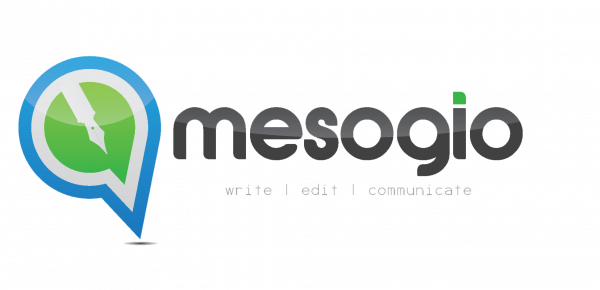EU Users to Gain More Control Over Social Media Algorithms
Take back control
Opting-in or out online - has never been more Straightforward !
Meta, the parent company of Facebook and Instagram, is gearing up to align with the EU's forthcoming Digital Services Act (DSA). This legislation aims to give European social media users more control over their online experience and data usage. Here's what you need to know.
What is the DSA?
The DSA is a European Union initiative designed to increase transparency and competition in the digital sector. It empowers users to manage their online interactions and understand how large platforms operate.
What Changes Are Coming?
Meta is introducing an algorithm-free experience for EU users. This means you can opt to view content in a chronological order rather than having it sorted by an algorithm. Additionally, Meta is enhancing its Ad Library and academic tools to provide more information for researchers.
Why Does it Matter?
Many users find algorithmic sorting intrusive and manipulative. The DSA allows users to switch off the algorithm, offering a more organic way to consume content. For example, you can choose to view only Stories and Reels from people you follow, in the order they were posted.
The Flip Side
While the idea of an algorithm-free experience sounds liberating, algorithms are not entirely bad. They help curate content that is most relevant to you, enhancing user engagement. For instance, Netflix's recommendation system keeps users hooked by suggesting shows based on viewing history.
TikTok Joins the Bandwagon
It's not just Meta making changes; TikTok has also announced that it will offer EU users the option to disable algorithmic sorting.
More Transparency in Advertising
Meta is expanding its Ads Library to include all ads targeting EU citizens. This will show when each ad ran, its targeting parameters, and who saw it. This is a boon for both researchers and ad managers. For example, during election campaigns, researchers can analyse ad strategies to detect any misinformation, while ad managers can gain insights into competitor strategies.
What's Next?
With over 1,000 staff working on DSA compliance, Meta is making significant strides. However, it's worth noting that some features, like Threads, are not yet DSA-compliant and are unavailable to EU users.
The Bigger Picture
The DSA could set a precedent for similar regulations worldwide. It remains to be seen how these changes will impact the user experience and whether other regions will adopt similar measures.
Take Control of Your Digital Experience
As EU citizens, the DSA offers us a unique opportunity to reclaim control over our online experiences. Whether you're a casual social media user or a digital marketer, these changes will affect how you interact with platforms like Facebook, Instagram, and TikTok.
“Don’t miss out on this pivotal moment in digital history. Stay informed and make your choices wisely.
Subscribe to our newsletter for the latest updates on the DSA and other digital trends. Your online experience is about to change, and we’re here to guide you through it.”

